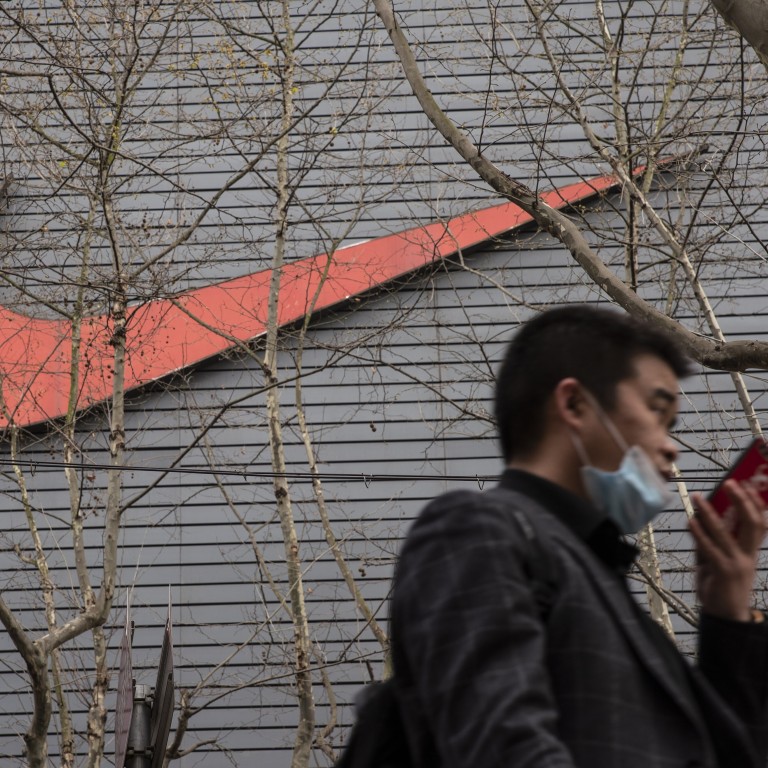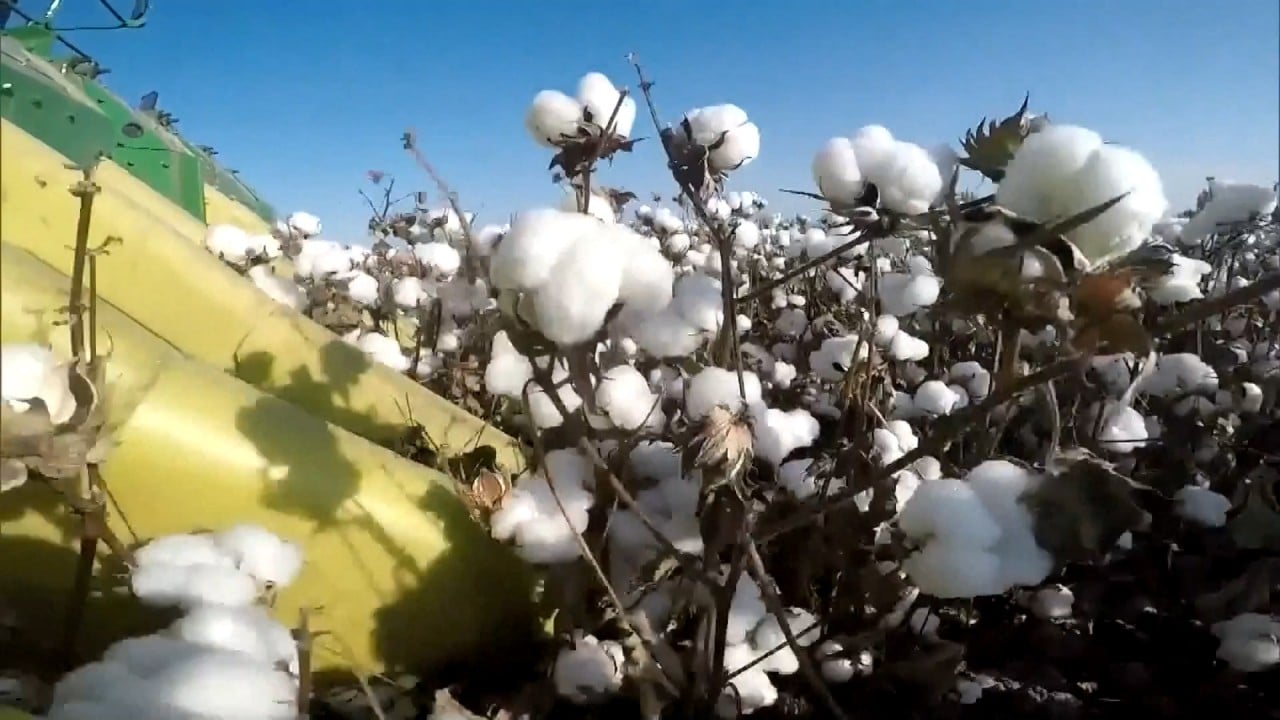
Chinese boycott against Nike and Adidas over Xinjiang cotton appears to be losing steam
- The two international sportswear brands remained visible on major e-commerce sites and a special Nike offer sold out quickly
- Celebrities have cut ties with firms that expressed concern about forced labour, but the country’s national soccer team has not followed suit
A Chinese consumer boycott against international brands such as Nike and Adidas appeared to be losing steam over the weekend.
But sports teams remained largely silent over their deals with the companies and their products remained on sale online – with demand remaining high.
China’s state media, internet users and tech companies kicked off a wave of protest targeting international fashion brands including H&M and Burberry last week after the Chinese Youth League published a statement on its official Weibo account on Wednesday attacking H&M’s previous statements over Xinjiang cotton.
Corporate statements released months ago – expressing the businesses’ concerns over Xinjiang’s forced labour risks and saying they did not source cotton from Xinjiang – were dug up and translated into Chinese, fanning calls for a nationwide boycott.
Xinjiang: China reacts with sanctions on US and Canadian politicians
Swedish retailer H&M was one of the hardest-hit brands with its name being removed from Chinese e-commerce and other retail apps while its stores in a number of cities, including Urumqi and Jinan, were closed.
The Chinese government, however did not directly attack any foreign brands.
Nike and Adidas also appeared to be trading as normal in China on Sunday. The brands could still be found on major Chinese online platforms such as Taobao and JD.com despite some web users calling for a complete boycott of all the brands involved in the Xinjiang cotton controversy.

01:08
Xinjiang, China’s top cotton producer
A sale offering the latest women’s Nike shoes for 699 yuan (US$107) on Friday night at the brand’s online store in Tmall attracted 350,000 subscribers and the product sold out instantly. Tmall and Taobao’s owner Alibaba also owns the South China Morning Post.
Also on Saturday, the state broadcaster China Central Television shifted the focus onto the US government, by accusing Washington and related non-profit organisations of manipulating the Better Cotton Initiative, a non-profit group based in Geneva, into suspending its licensing of Xinjiang cotton citing forced labour risks.
China to step up use of Mandarin in Xinjiang schools
Separately, Premier Li Keqiang visited a BASF plant in Nanjing on Friday, a German-Chinese joint venture that produces certain chemicals used by Nike and Adidas.
Pictures and short videos of Li’s visit were uploaded and widely shared on Chinese social media, although China’s official media and government website did not mention Li’s visit. According to videos and photos taken at the plant, Li was accompanied by BASF senior executives as he encouraged the joint-venture to invest more in China to qualify for more taxation benefits.


